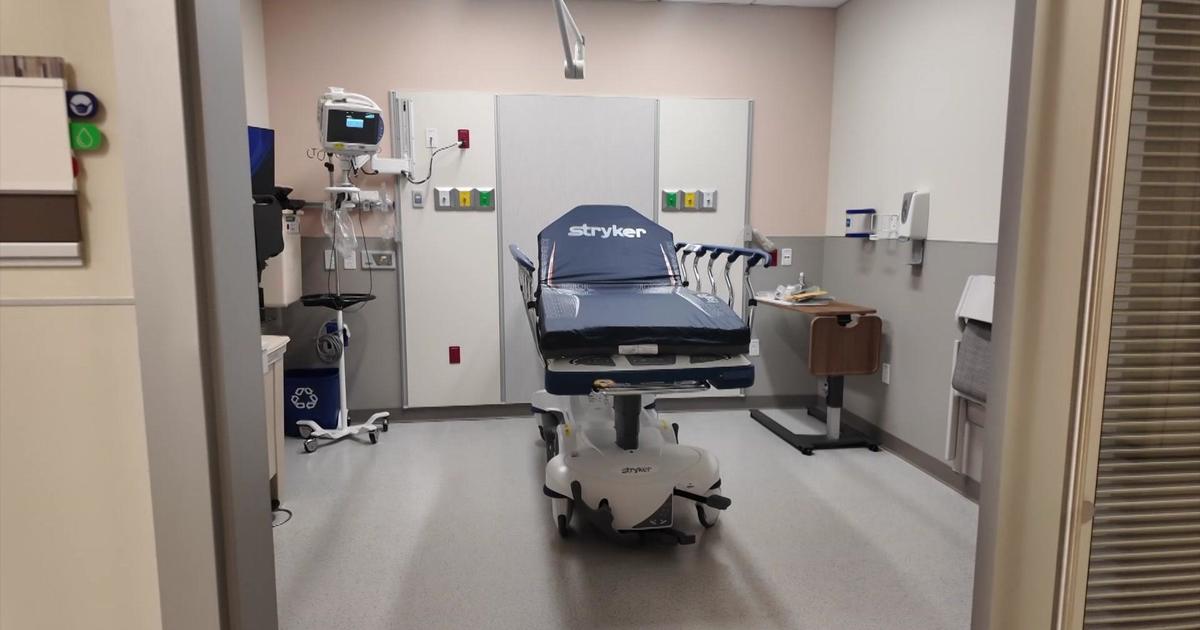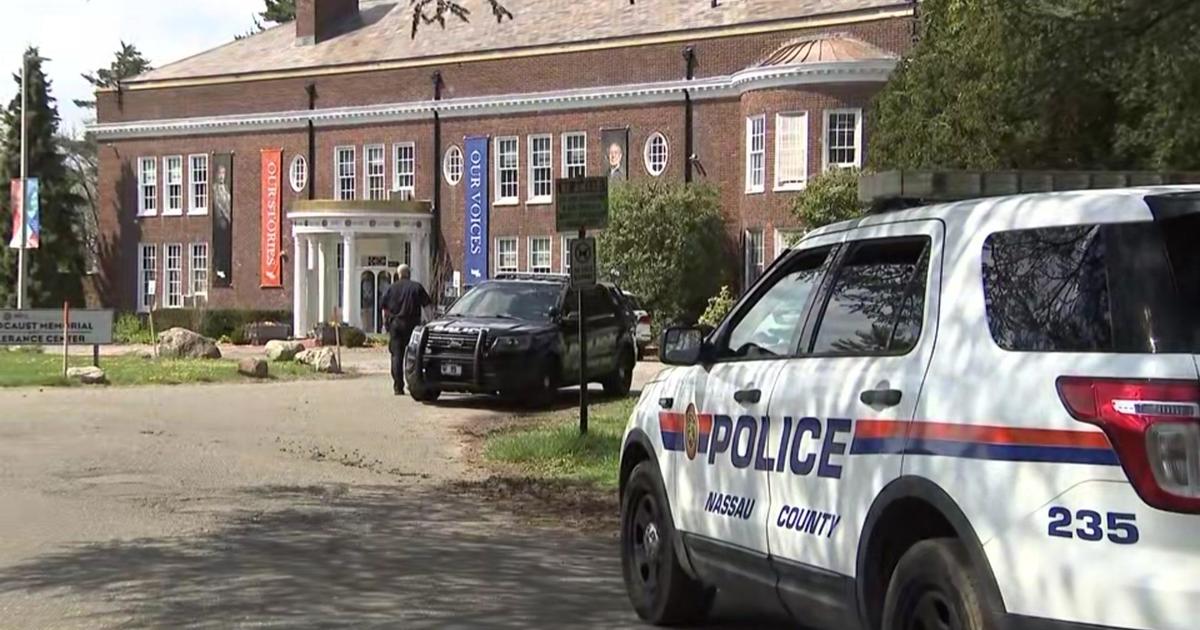Tips For Staying Safe In Bitter Cold
NEW YORK (CBSNewYork) - The extreme cold set to hit the Tri-State Area Tuesday can pose a serious health hazard.
The forecast high of 13 degrees hasn't been seen in the region since 1994. And with wind chills, it'll feel even colder.
CBS 2's Dr. Max Gomez has some advice on staying safe in the bitter cold.
Tips For Staying Safe In Bitter Cold
"You really want to have just about every patch of skin covered," said Maimonides Medical Center chairman of emergency medicine Dr. John Marshall.
If possible, it's best to stay indoors. But if you must venture out, it's important to cover as much skin as possible because exposed skin can develop frostnip or even frostbite in just a few minutes with the kind of windchill that's expected.
Wear a hat. If it doesn't cover your ears, put on earmuffs. Use a scarf to cover your neck and wrap it loosely across your face.
Fingers and toes are also vulnerable to the cold, Gomez reported.
WEB EXTRA: Forecast | Cold Weather Safety Guide | Cold Weather Fact Vs. Fiction
Wear boots with treads to prevent slipping on ice. Heavy woolen socks will stay warm even if they get wet.
Mittens are warmer than gloves, but it's important to put something on your hands.
Finally, remember to dress in layers to trap in your body heat.
"We saw an additional 60 patients, 50 for 60 patients we think related to the cold and ice," Dr. Marshall told WCBS 880's Marla Diamond.
The ER visits included slips and falls, frostbite and hypothermia.
"In hypothermia, the whole body becomes cold and the patient's body eventually loses its ability to maintain its normal temperature," said Dr. Marshall.
The rate at which hypothermia sets in depends on a person's age and health, leaving the elderly and infants most susceptible.
If you are spending time outside, be on the lookout for signs of frostnip or frostbite: Skin that's numb and turning white or grayish or skin that feels unusually firm or waxy.
If you notice these symptoms, do not rub the affected area because you could do damage the tissue.
Get indoors and warm the area with either body heat or warm water, not hot water.
You can easily scald or burn body parts that are numb from the cold.
Again, your best bet is to stay inside as much as possible for the next couple of days.
You May Also Be Interested In These Stories



